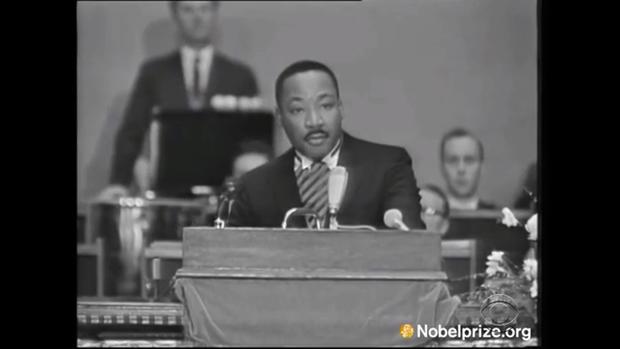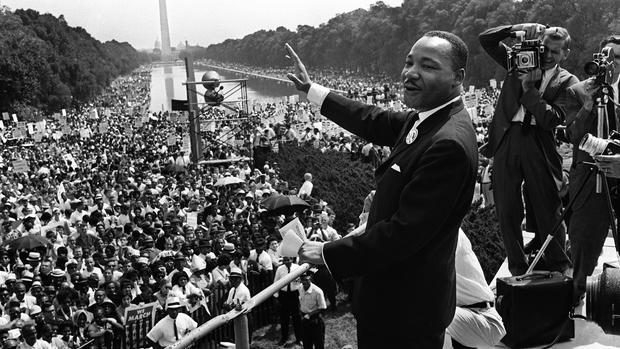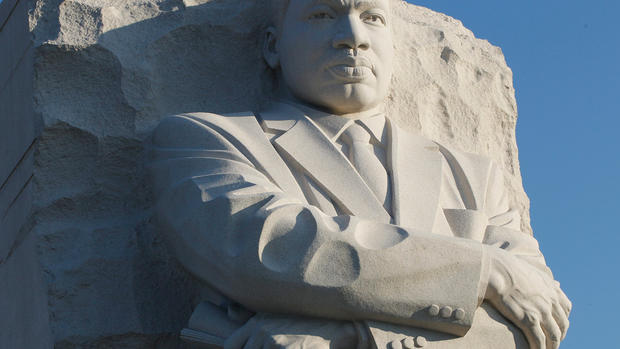Keeping MLK's vision alive, 50 years later
CHICAGO -- Accepting the Nobel Peace Prize in 1964, Dr. Martin Luther King, Jr. had a question.
"I must ask why this prize is awarded to a movement which is beleaguered and committed to unrelenting struggle," said King. "To a movement which has not won the very peace and brotherhood which is the essence of the Nobel Prize."
King knew the struggle he's been leading in the American South was far from over. But it was only when he came north to Chicago two years later that he saw the full challenge ahead.
"The people of Mississippi ought to come to Chicago to learn how to hate," King told a reporter.
A march for open housing faced the closed minds of all-white neighborhood known as Gage Park.
King was hit by a brick; and so was 16-year-old Roland Radford, who marched at his side.
"They were getting jeered and -- and everything," said Radford. "And remember that there were all these rocks in between the tracks that people could use as missiles."
"The whole idea was to draw attention to the fact that there weren't any African-Americans in this area," said Radford. "And now there are."
And yet the march that opened the way is largely forgotten, even here.
So high school History teacher Victor Harbison has been inviting marchers of the past to talk to students of the present.
CBS News asked him: "Do you think that kids that you're teaching today see these people as extraordinarily courageous?"
"Yeah," said Harbison. "I do. I mean, don't you?"
Katie Marciniak is a sophomore.
"I always heard of Martin Luther King," said Marciniak. "But I never really heard about him in my neighborhood."
She's heard from Roland Radford and fellow marcher Susan Oppenheimer.
"I think the country has changed dramatically," said Oppenheimer.
"Do you think you gave the country a nudge?" CBS asked.
"That's a wonderful way to think about it," said Oppenheimer. "A pebble in the river, yeah."
"When the years have rolled past and when the blazing light of truth is focused on this marvelous age in which we live," said King. "Men and women will know and children will be taught that we have a finer land, a better people, a more noble civilization because these humble children of god were willing to suffer for righteousness' sake."



